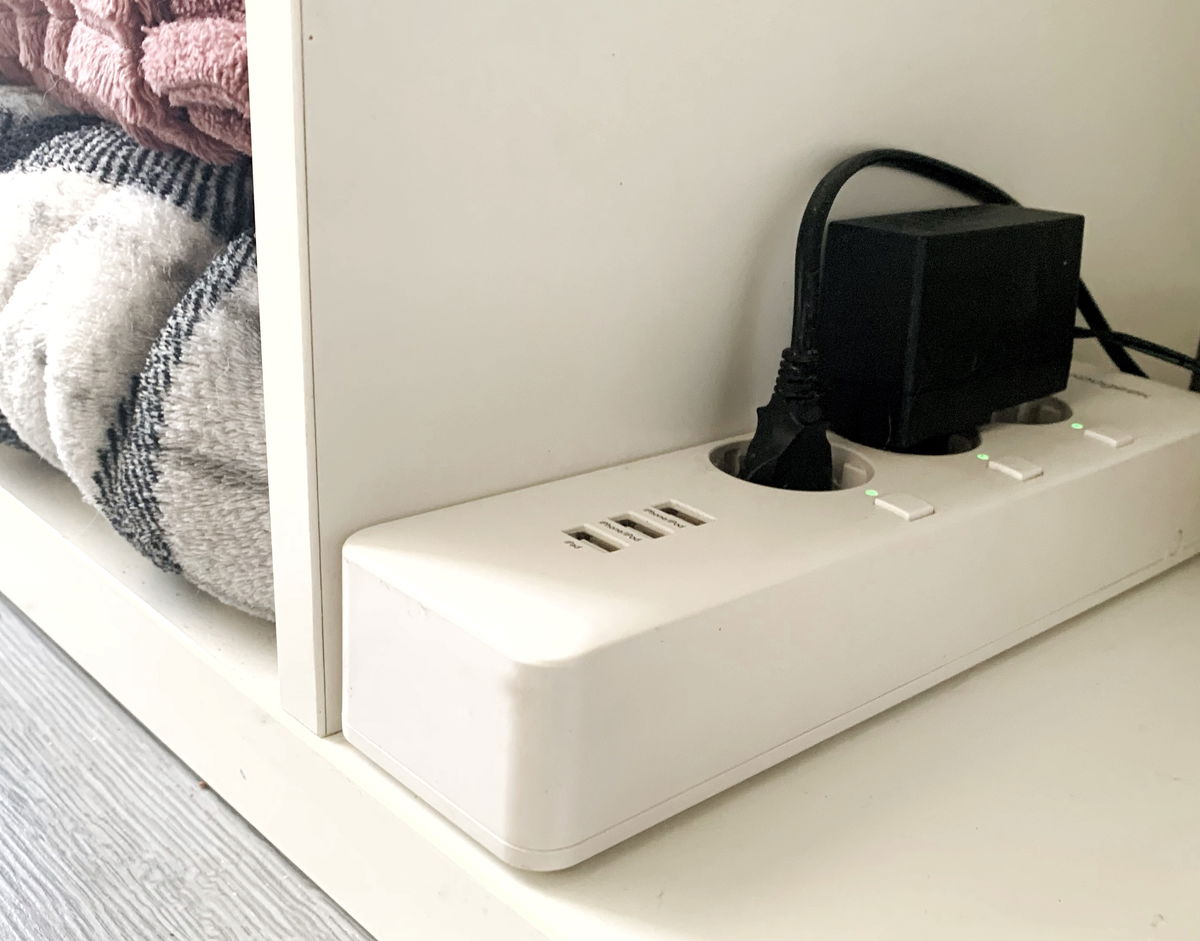Scientists at Yale University in the United States have discovered a way to delay the permanent destruction of cells and organs that occurs after death. To do this, they used a new technology called OrganEx, a protective fluid that can restore blood circulation and other cellular functions within an hour of death, at least in pigs.
According to the authors, the findings are expected to help prolong the health of human organs during surgery and increase the availability of organs for transplantation. The research was published in the journal nature.
David Andrijevic, a neuroscience researcher at Yale University School of Medicine and lead author of the study, explained in an institution publication: cells they die not immediately, but after a longer series of events. “This is a process that you can interfere with, stop and restore some cellular function,” the scientist continued.
In the study, the researchers administered the fluid to a pig through a perfusion device (a mechanism that pumps blood to the lungs) — similar to ECMO heart-lung machines that can do the work of the heart and lungs during surgery — after a heart attack. Induced arrest for one hour after death in the anesthetized animal.
Six hours after treatment, the scientists found that certain essential cellular functions were still active in many parts of the pigs’ body (including the heart, liver, and kidneys) and some organ functions were restored, including the electrical activity in the heart. contract ability. The team also managed to restore the animal’s blood circulation.
“Under the microscope, it was difficult to tell the difference between a healthy organ and an organ that was treated with OrganEx technology after death,” said one of the researchers.
Although cellular activity in some parts of the brain was restored, no organized electrical activity indicating consciousness was detected in any part of the experiment.
For the team, the new technology offers several potential applications, including extending the lifespan of organs in human patients and expanding the availability of donor organs for transplantation, as well as helping treat organs or tissues damaged by ischemia during a heart attack or stroke.
Matter: nature – https://doi.org/10.1038/s41586-022-05016-1.
Source: Tec Mundo
I am Bret Jackson, a professional journalist and author for Gadget Onus, where I specialize in writing about the gaming industry. With over 6 years of experience in my field, I have built up an extensive portfolio that ranges from reviews to interviews with top figures within the industry. My work has been featured on various news sites, providing readers with insightful analysis regarding the current state of gaming culture.













